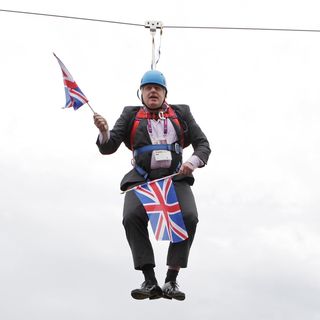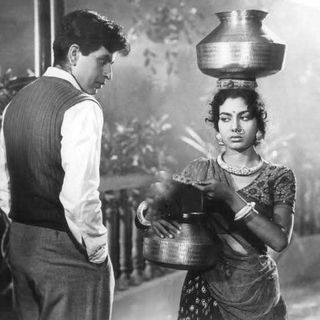Celebrities, politicians and other individuals of influence are distributing unverified, often fake information regarding the coronavirus pandemic. They are also receiving the most engagement, aiding the rampant spread of misinformation, according to Oxford’s Reuters Institute for the study of journalism. Such influencers were responsible for 20% of the propagation of false claims about coronavirus and commanded 69% of the total social media engagement on posts about the pandemic.
Prominent examples of celebrities wielding their influence to spread misinformation include rapper M.I.A, who said she’d choose death over a coronavirus vaccine, actor Amitabh Bacchan, who tweeted out fake Whatsapp rumors about moon phases and blood circulation, and actors Woody Harrelson and John Cusack, who believe that 5G wireless infrastructure may have led to the Covid19 pandemic. The latter in particular was harmful recently as people in Britain vandalized phone towers due to their new fear of 5G technology. Even Jair Bolsanaro, Brazil’s President, spread misinformation, calling coronavirus a ‘little flu.’
“This small amount of people have a wide reach for the content that they are spreading,” said Scott Brennen, a research fellow at the Reuters Institute, told The Guardian. He added, “The most common claims had to do with the policies and actions of public authorities, although we saw plenty of misinformation about the medical side.”
Related on The Swaddle:
Debunking the Myths About Covid19
When it came to information dispersion via non-influencer centric social media like messaging platforms, Brennen added that there were very few ways through which researchers could understand the spread of news via Whatsapp — a medium often abused for the flagrant spread of misinformation and fake news. This means their estimation of the proliferation of fake news remains limited. However, Whatsapp — owned by Facebook Inc. — is attempting to stem the flow of fake news via limiting how often forwarded messages are sent on the platform.
Other research also stated that people who believed fake news regarding the Covid19 pandemic were also less likely to obey cautionary rules set by the government. Dr. Daniel Allington, a lecturer focused on social and cultural artificial intelligence from King’s College, London, found that people who believed in fake news were also less likely to stay indoors, practice social distancing, and wash their hands routinely.
Hopefully, those of us who keep up with news about Covid19 will practice fact-checking and trusting reliable, science-oriented resources. And hopefully, those who wield such influence upon us may consider logging off till the pandemic ends, for the greater good.




